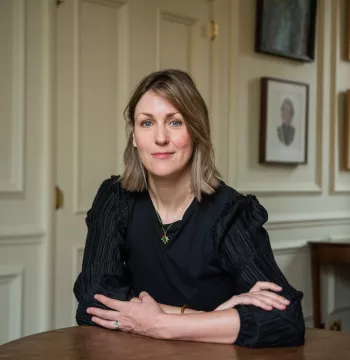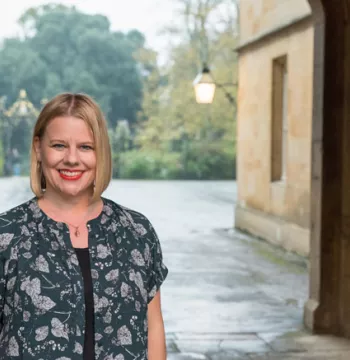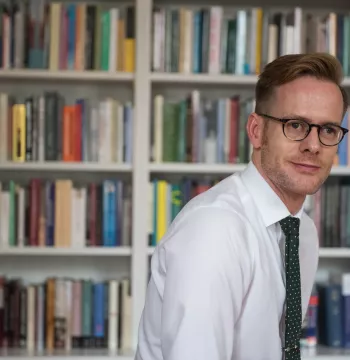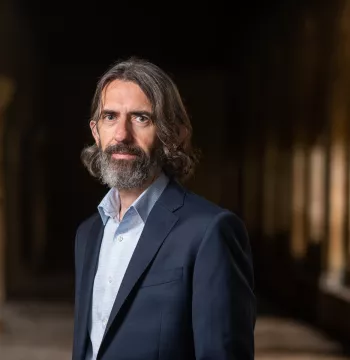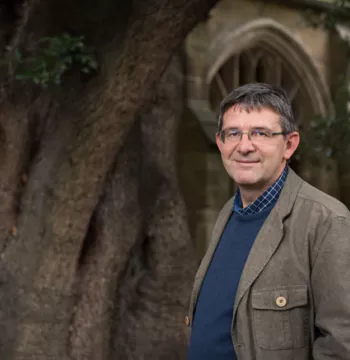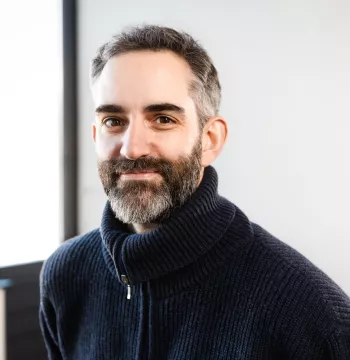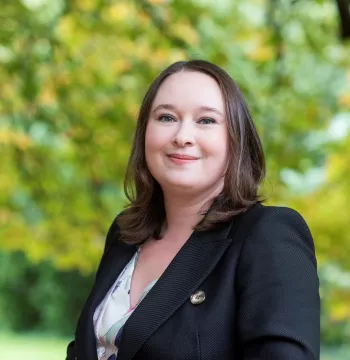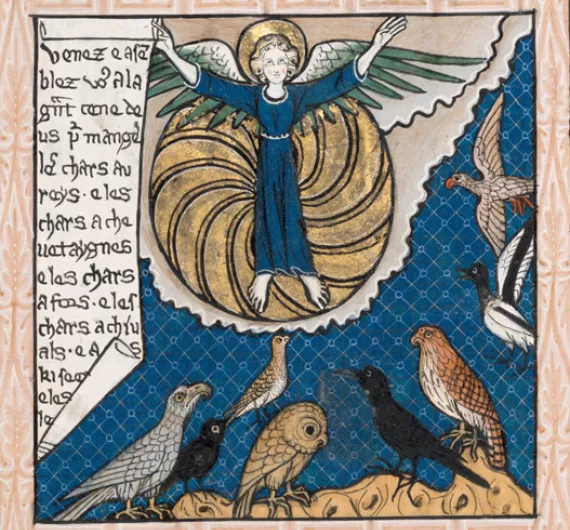New College welcomes applications from students wishing to pursue this joint degree. The College is fortunate in having unusual strength in both disciplines: we have three fellows in Philosophy and five covering three different Modern Languages. One of the philosophers - Stephen Mulhall - has a specific research interest in a number of thinkers who worked in the post-Kantian philosophical traditions most closely associated with France and Germany - particularly Nietzsche, Heidegger and Sartre; and he is also closely engages with issues arising from the relations in which philosophy stands to the arts (particularly literature and film) and to religion. This means that much of the teaching on philosophy papers that have a close bearing on the work of modern language students - those on 'Aesthetics and the Philosophy of Criticism', 'Post-Kantian Philosophy', 'Wittgenstein' and 'Philosophy of Religion' - will be taught within the College.
The Modern Languages side of the course allows students the obvious advantage of being able to read some of the philosophical texts in the original language, and of bringing to those texts a greater awareness of the cultural context in which they were written. As many European philosophers were also writers in a broader, literary sense, Modern Linguists are in a position to appreciate this dimension of the philosophical works while developing a philosophical grasp of the ideas that writers explore in literary texts. There are a number of options in the Modern Languages courses that allow students to make a special study of philosophically related topics such as Literary Theory, Semantics, Eighteenth-century German aesthetics. Most of the core Modern Languages papers are taught in College.
The combined course also offers students the possibility of studying a Modern Language and Philosophy without reference to each other for the sheer benefit of exploring two disciplines in which they have demonstrable interest and aptitude.
For further information on how to apply, entrance requirements and selection criteria, please see the University website, the Faculty of Philosophy's website and the Faculty of Medieval and Modern Languages' website.
For more information, see the University webpage for Philosophy and Modern Languages.
Places Available
13 in total for Modern Languages and Joint Schools.
Tutors and Lecturers
Discover more about New College



